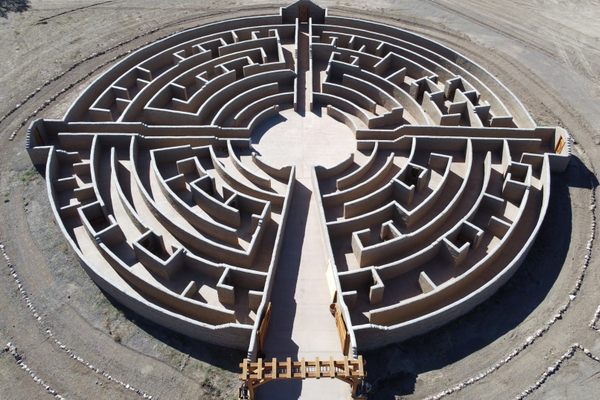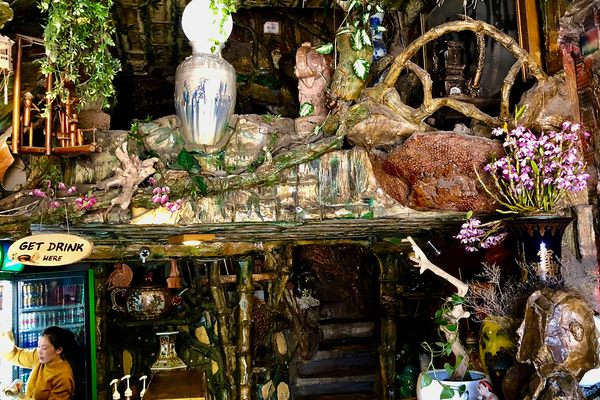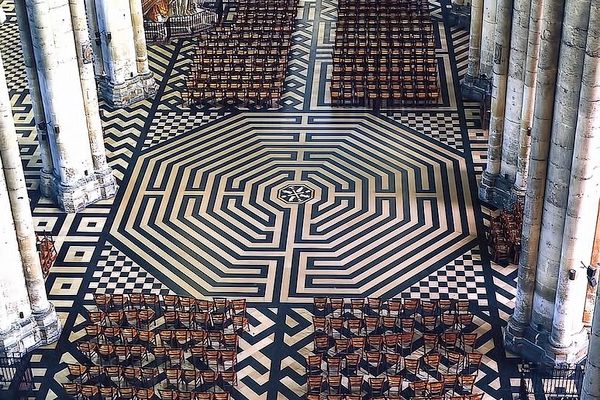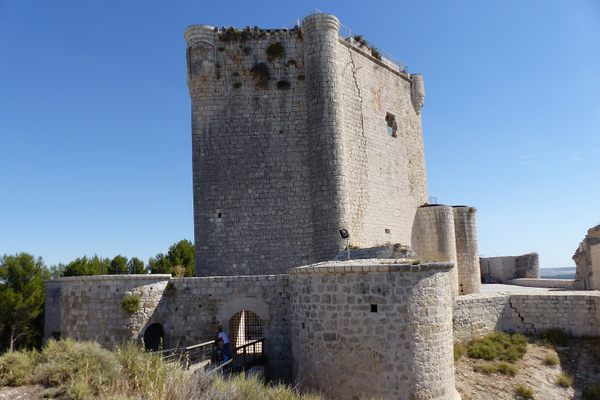About
Noora, the new main building of the National Archives of Estonia, opened in February 2017. It’s remarkable in many respects. Its walls contain a trove of archived pieces of the past, strung together in a web of storytelling and written records, but the historic records are just one piece of Noora's appeal.
The building’s exterior is the first thing to grab people’s attention. Its front side is covered with a textile showing a groove motif, which both mimics the human brain and represents the twists, turns, and triumphs one encounters while exploring. The black and white canvas is so big it wraps around the structure’s sides. Look closely, and you’ll see the labyrinth has two openings and can actually be solved.
Step inside Noora, and you’ll find yet another maze. While walking through a permanent exhibition called Twists and Turns, you can learn about Estonia’s history during its pivotal early years, which spanned from 1917 to 1920. The labyrinth tells the story of the birth of the Estonian state, woven together with parallel events in world history to form an intertwined, international tale.
The archive bills itself as the home of Estonian written memory. Noora contains millions of documents, one so old it dates back to 1240. It’s packed with treasures like church books, court documents, and royal records.
Noora holds yet another piece of experiential art. A unique audio device called The Lilt is integrated into the building and creates sounds based on the building itself and the movement of the people inside, which are used as activating impulses that initiate musical rhythms from a chord matrix. As people mill about, it gives the piece an unpredictable and labyrinthine nature. It’s as if the archive itself is symbolically giving its own version of history by recording the daily happenings within the building.
Related Tags
Know Before You Go
To see the whole archival collection you need to book a tour in advance, using the archive's contacts.
Published
January 11, 2018





































